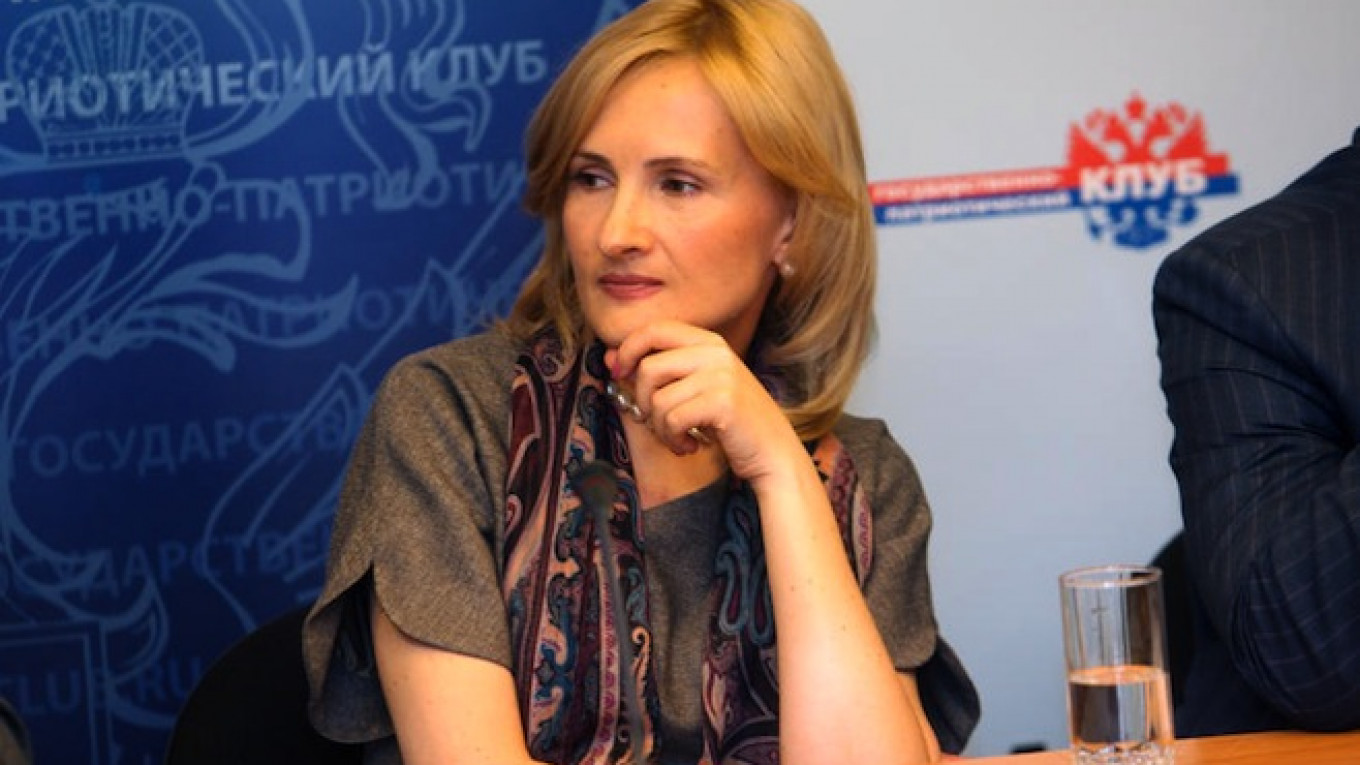A controversial series of hard-hitting anti-terrorism laws was passed Friday by the Russian State Duma.
The changes to existing legislation will tighten restrictions on Russians suspected of committing terrorist and extremist activities.
Ultraconservative United Russia lawmaker Irina Yarovaya submitted the bills alongside Federation Council member Viktor Ozerov.
The proposals are wide-ranging and include harsher penalties for inciting or justifying terrorism online, requiring parcels to be checked for illegal items and increasing the number of crimes with which children aged between 14 and 17 can be charged.
Communications companies will also see a crackdown, with the new laws requiring them to monitor the content of phone calls and messages and to keep them on file for six months. All messaging apps which use encryption will also be required to add additional code allowing access to the Russian security services.
Several changes were made to the amendments during the second reading. Changes included removing potential travel bans and legislation permitting authorities to revoke dual nationals' Russian citizenship for several ?€?extremist crimes,?€? including ?€?inciting hatred?€? under Russia's controversial Article 282.
The amendments must now be signed into law by Russian President Vladimir Putin.
A Message from The Moscow Times:
Dear readers,
We are facing unprecedented challenges. Russia's Prosecutor General's Office has designated The Moscow Times as an "undesirable" organization, criminalizing our work and putting our staff at risk of prosecution. This follows our earlier unjust labeling as a "foreign agent."
These actions are direct attempts to silence independent journalism in Russia. The authorities claim our work "discredits the decisions of the Russian leadership." We see things differently: we strive to provide accurate, unbiased reporting on Russia.
We, the journalists of The Moscow Times, refuse to be silenced. But to continue our work, we need your help.
Your support, no matter how small, makes a world of difference. If you can, please support us monthly starting from just $2. It's quick to set up, and every contribution makes a significant impact.
By supporting The Moscow Times, you're defending open, independent journalism in the face of repression. Thank you for standing with us.
Remind me later.


